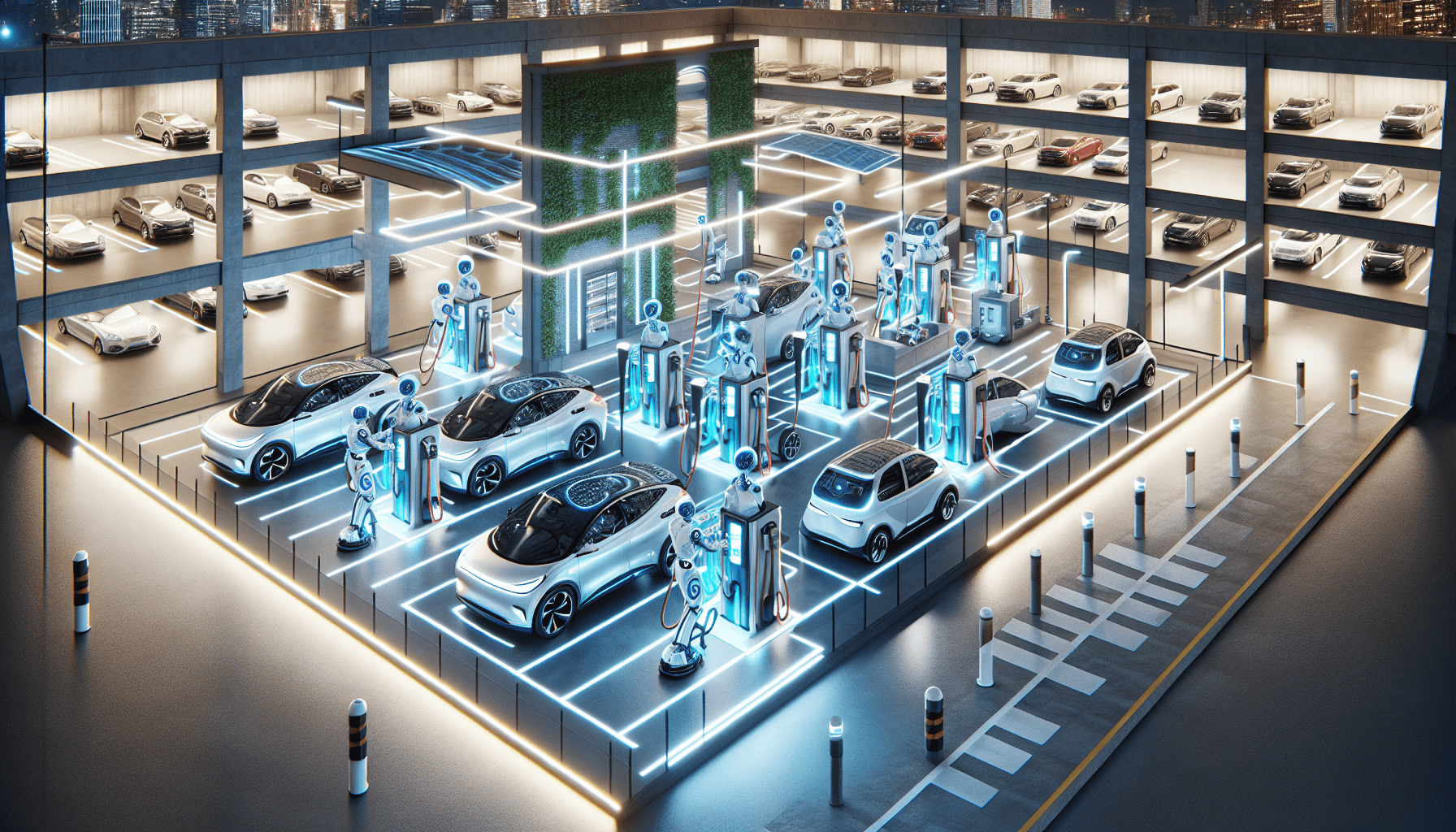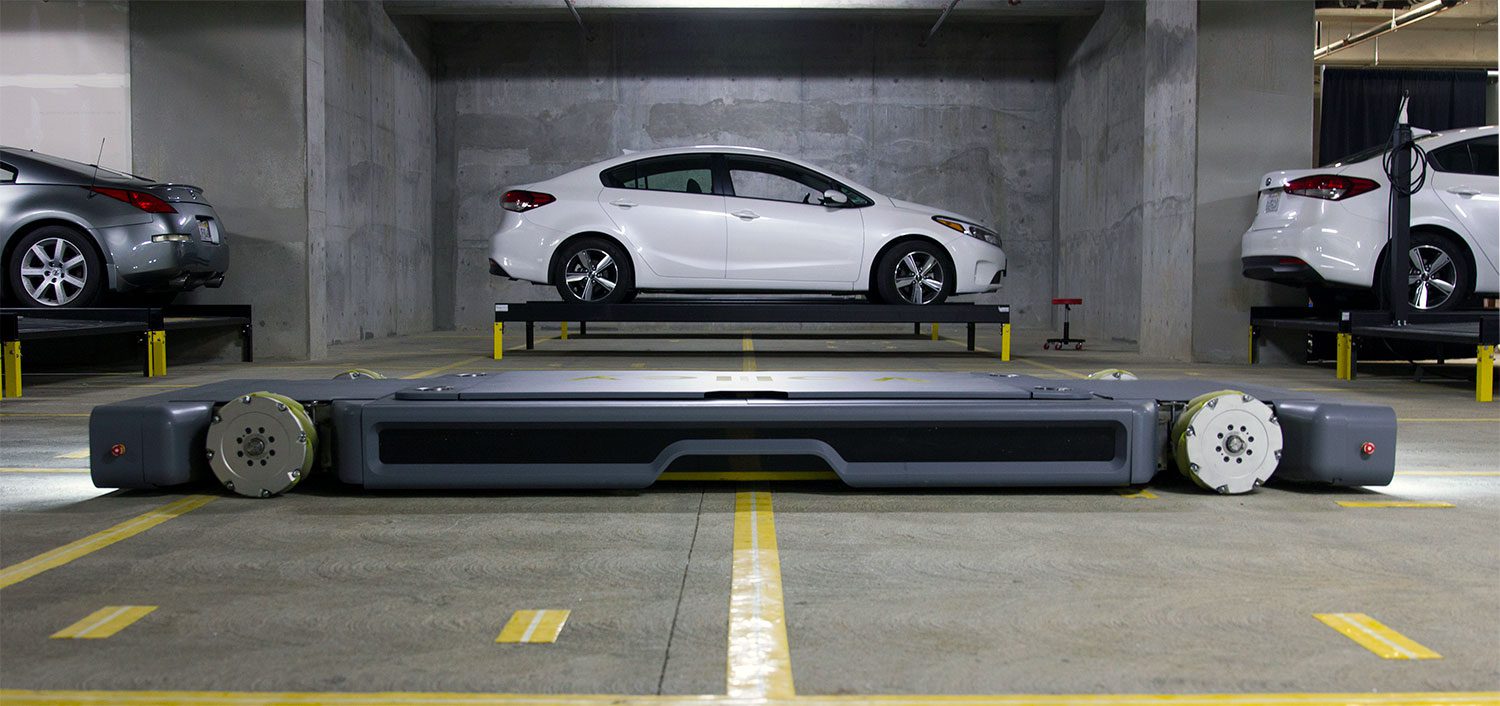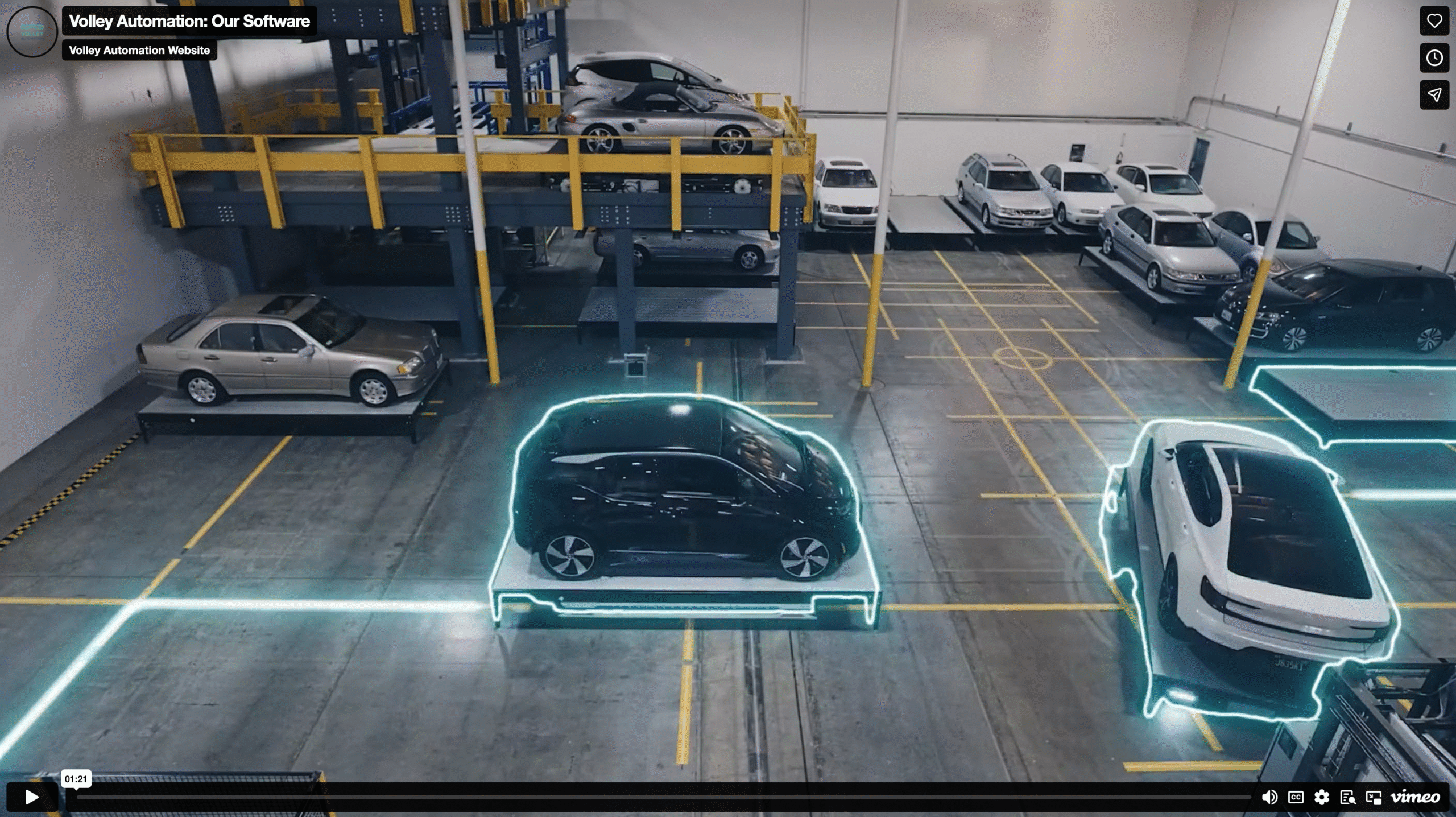
The Future of EV Charging: Challenges and Opportunities
Electric vehicles (EVs) are no longer a novelty; they are becoming a common sight on our roads. According to CleanTechnica, approximately 1.6 million light-duty electric vehicles were sold in the United States last year, highlighting the growing need for efficient EV charging solutions. As more drivers switch to electric, the demand for robust charging infrastructure increases, presenting both challenges and opportunities for property developers and architects.
One of the current responsibilities of developers and architects is to design infrastructures that will have the capability to support both internal combustion engine (ICE) and electric vehicles. This dual approach ensures that parking garages can adjust to changing consumer patterns. Integrating EV charging in parking garages can be particularly challenging because it includes staying up to date with ADA compliance and municipal EV mandates. This can be costly and complex, particularly if additional electrical upgrades are required. EV charging technologies continue to advance, so many of these regulations are not fully codified yet. This introduces risk for any inflexible choices being made today.
Volley Automation’s advanced software and robotic systems offer a way to prepare in advance for these challenges. By enabling the automated movement of cars to and from chargers, and by having flexible layouts within the garage, Volley’s technology ensures that every parking space can be EV ready. This densifies parking, provides a seamless and efficient charging experience, and makes Volley a valuable asset for future-proofing parking garages.
Innovations and Regulations in EV Charging
Innovations in EV charging are quickly changing how we power electric vehicles. Energy storage and fast charging technology options can make chargers faster and more reliable, but they still require drivers to wait for sometimes up to 30 minutes, not including any queue time, and they’re very expensive to install and maintain.
Mobile apps guiding drivers to public charging networks are also important for managing EV charging. These technologies make it easier for users to find and use charging stations, integrating a vast network of charging ports to ensure drivers can charge their vehicles wherever they go. New developments must therefore account for the potential need to make their chargers easy to find.
Regulatory changes are still actively shaping the future of EV charging, but there are still many unanswered questions. As one example, the European Union’s recent mandate requires public fast chargers every 60 km along main transport corridors (Source), and similar guidelines can be expected elsewhere.
Volley Automation’s advanced software and robotic systems are designed to adapt to these innovations and regulations. Volley’s flexible and efficient solutions ensure that parking garages can meet current and future EV charging demands, making them a vital part of the growing EV infrastructure.
The Role of Property Developers in Future-Proofing EV Charging
Property developers play a big part in making sure parking garages can handle the future needs of EV charging. As electric vehicles become more common, the need for adaptable and scalable charging solutions grows. Developers must anticipate these needs and integrate flexible infrastructure that can accommodate both current and future technologies. This includes the ability to retrofit existing structures with minimal disruption and cost. By doing so, they can ensure that their properties remain relevant and valuable as the EV market evolves.
For most drivers, chargers must be reliable, available, and easy to find. Beyond these basics, a growing number of drivers also want to be able leave their car parked all day or all night, and return to it charged. Together, these are difficult attributes to combine.
Volley Automation’s solutions provide the necessary flexibility for future-proofing parking garages. Their advanced robotic systems can adjust parking layouts and adapt to new charging technologies. This ensures that every parking space can be utilized efficiently, regardless of future changes in EV charging standards.
Property developers and architects must prioritize flexible, scalable solutions to stay ahead of regulatory changes and consumer needs. Volley Automation’s innovative systems offer a robust and adaptable solution, making them a vital partner in creating sustainable and efficient parking infrastructure.






